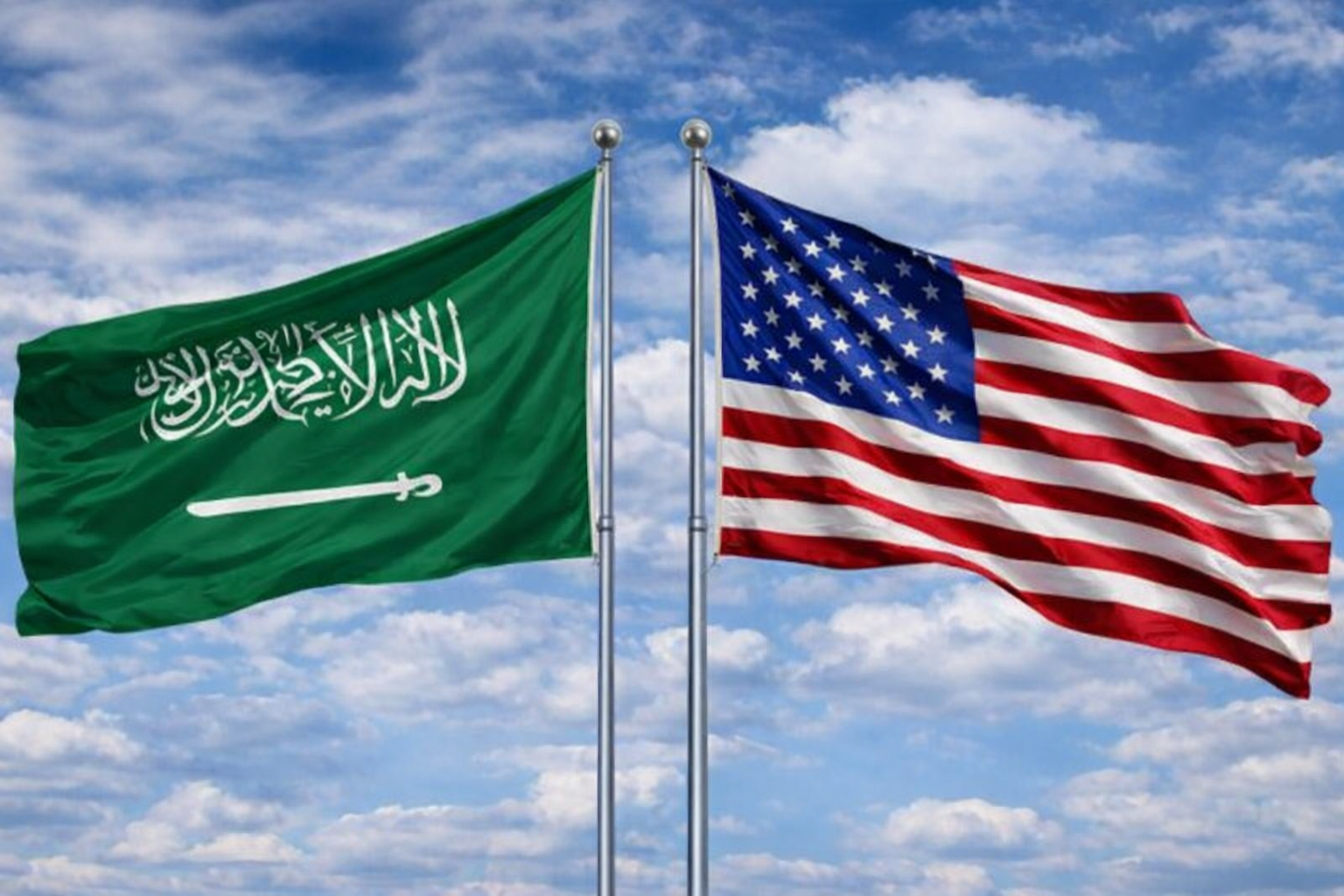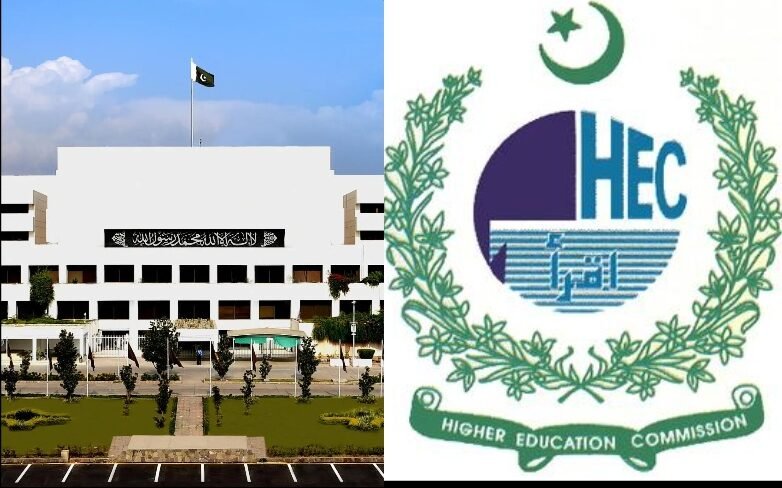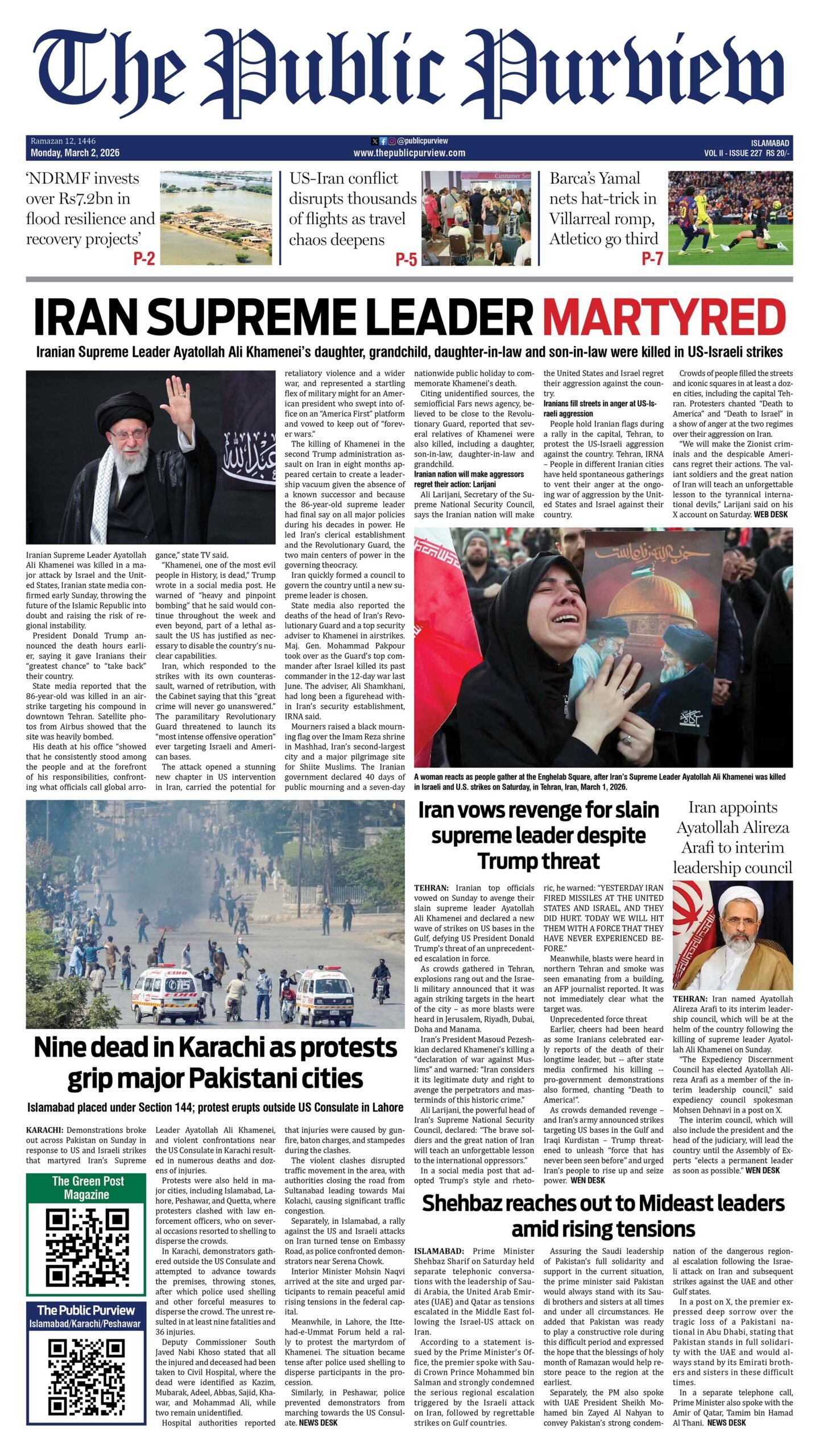The Gaza Strip, already reeling from months of relentless bombardment and humanitarian crisis, has once again witnessed a spike in civilian casualties. On Tuesday, at least 37 Palestinians were killed and over 200 injured in Israeli attacks across the besieged enclave. Among the most harrowing incidents was the killing of 19 Palestinians near an Israeli-backed aid distribution site, a location that should have been a beacon of relief and safety amid ongoing violence.
Eyewitnesses reported that Israeli quadcopter drones opened fire on civilians as they gathered near the Netzarim Corridor, south of Gaza City, seeking life-saving supplies. In an area where access to food and medical aid has become scarce, the targeting of an aid-seeking crowd raises grave concerns about the conduct and intent of military operations. While Israel often cites security threats in its military rationale, the repeated targeting of civilians, aid convoys, hospitals, and shelters strips away any veneer of justification.
Tragically, this incident is not isolated. On the same day, 12 Palestinians were killed in Israeli airstrikes on Jabalia in northern Gaza, while three members of a displaced family were killed when their tent was bombed in Khan Younis, in the south. Further strikes in central Gaza, including attacks on homes and facilities belonging to the Palestinian Red Crescent in Deir al-Balah, claimed additional lives. According to local sources, Israeli drones also dropped smoke bombs over eastern areas of Gaza City, compounding fear and chaos among residents.
The scale of human suffering in Gaza since Israel launched its military campaign in October 2023 is almost incomprehensible. Gaza’s health authorities now report that nearly 54,900 Palestinians have been killed, the majority of them women and children. Entire neighborhoods have been flattened, hospitals have become makeshift morgues, and over two million people—virtually the entire population of Gaza—are at risk of famine, disease, and further displacement.
Despite this, calls from the international community for a ceasefire have largely gone unheeded. Israel has continued its campaign, claiming its right to self-defense in the face of Hamas attacks. However, the disproportionate toll on civilians, the destruction of civilian infrastructure, and repeated attacks on aid efforts raise serious legal and moral questions.
These concerns have begun to resonate at the international legal level. In November, the International Criminal Court (ICC) issued arrest warrants for Israeli Prime Minister Benjamin Netanyahu and former Defence Minister Yoav Gallant, accusing them of war crimes and crimes against humanity. Israel, which is not a member of the ICC, has dismissed the charges, but the move reflects growing international concern over the conduct of the war.
Additionally, Israel is facing a genocide case at the International Court of Justice (ICJ), brought by South Africa and supported by a growing number of nations. The charge—that Israel’s military campaign amounts to genocide against the Palestinian people—is one of the gravest that can be leveled under international law. While the court has yet to deliver a final ruling, preliminary decisions have already directed Israel to take immediate steps to prevent genocide and allow humanitarian aid into Gaza.
What is unfolding in Gaza is not just a military conflict; it is a humanitarian catastrophe and a test of international resolve. The world cannot afford to turn away from the daily horror being experienced by Palestinian civilians. While geopolitics often paralyzes diplomatic responses, the scale of civilian suffering demands action—whether through sanctions, arms embargoes, or decisive diplomatic pressure.
Ceasefire is not a political stance; it is a moral imperative. Every delay in securing peace costs more lives, deepens trauma, and entrenches cycles of violence that will haunt the region for generations.
It is time for the international community to act—not just to stop the war, but to lay the groundwork for justice, accountability, and a sustainable path to peace.







 Today's E-Paper
Today's E-Paper